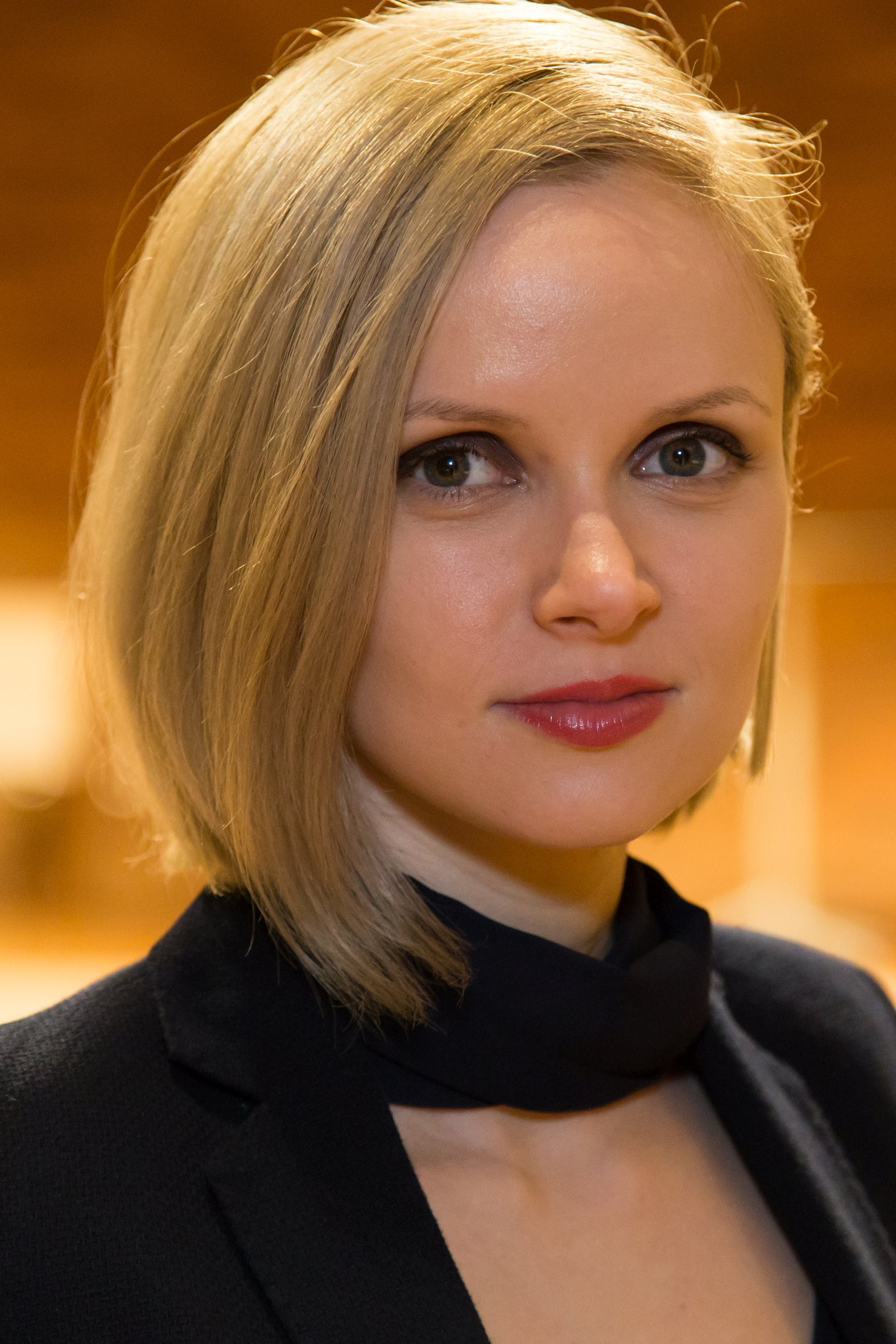The Space Law & Sustainability Center is founded by two existing VU institutes, Amsterdam Law & Technology Institute (ALTI) and Amsterdam Sustainability Institute (ASI), with the purpose of providing an interdepartmental platform for dialogue and multidisciplinary collaboration within the VU Amsterdam community, focusing on the expanding scope of human activities in outer space. The Center enhances cross-faculties collaboration by demonstrating how ‘space’ connects multiple expertise because it acts as an enabler for the fulfilment of the United Nations Sustainable Development Goals.
The Amsterdam Center for Space Law & Sustainability contributes to the activities of the UNSDSN Dutch chapter hosted at VU Amsterdam. Externally, the Center engages in valorization and impact activities within the Dutch ecosystem and at international level. It aims to collaborate with universities, research centers, the private sector, NGOs and public bodies.
Mission
Our mission is to critically assess the wide range of risks and opportunities associated with the space sector while embracing a solution-oriented mindset. We raise awareness on the critical importance of adopting sustainable and responsible practices in space activities alongside clear governance and regulatory frameworks. Implementing these measures are urgently needed in order to avoid adverse effects similar to those driven by human activities on Earth, such as climate change, warfare, hunger, invasion of privacy, and inequality, as just a few of the global challenges that humanity is currently facing.
